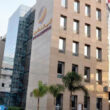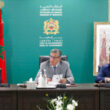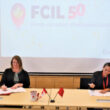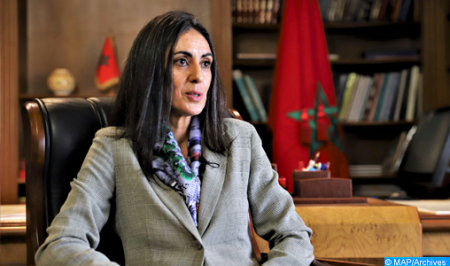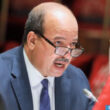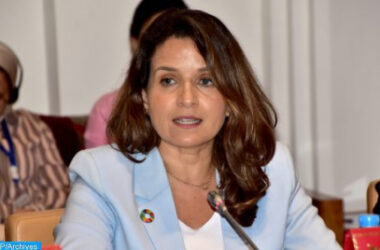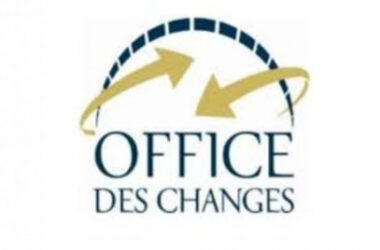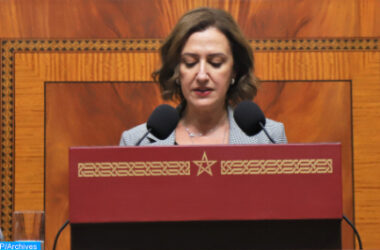Highlighting the “exceptional partnership” between Morocco and the WB, Fettah told MAP that “we have reached almost a record level in 2022 with nearly 1.8 billion dollars, but beyond the amount, what counts is that this partnership encompasses all major projects and reforms in our country.”
The minister said the financial institution has a “very good understanding” of the actions undertaken by the Kingdom both to manage the effects of multiple crises and to continue the effort and pace of major reforms, especially in relation to social protection, energy transition and investment.
“All of the World Bank’s executives confirmed that they are very happy with this partnership, because they can see its impact on the country’s economy and development as well as on the Moroccan citizen,” Fettah said.
“The ambition on the part of the World Bank is to move forward with our country and make it a model for middle-income countries seeking more growth and development,” she said.
Referring to the Annual Meetings of the World Bank and the International Monetary Fund (IMF) scheduled to take place in Marrakech in October 2023, the Minister said that his talks in Washington have reviewed the preparations for this major meeting of the financial and banking world.
“It is a matter of taking stock of the logistical preparations certainly but especially on the major issues to be discussed in Marrakech,” she said, noting that the World Bank “itself is questioning for a mission and a renewed vision.”
Between now and the holding of these meetings in Morocco, “we will have a lot of contributions at the global level so that the major decision makers of this world agree on a strengthened role for the World Bank,” added Fettah.
On the same register, the Moroccan official further stressed the importance of mobilizing all to make these meetings a major event and welcome the return of these meetings to Africa after 50 years of absence.
The annual meetings of the World Bank Group and the IMF are held mainly in Washington, D.C., and every three years in a member country other than the United States, to mark the international character of the two institutions. The last meeting in Africa was held in 1973 in Nairobi.
The meetings bring together central bank governors, finance ministers, academics, business leaders, parliamentarians, civil society organizations, and journalists for a week to discuss global issues, including financial stability, the impact of climate change, and the effectiveness of development assistance.


